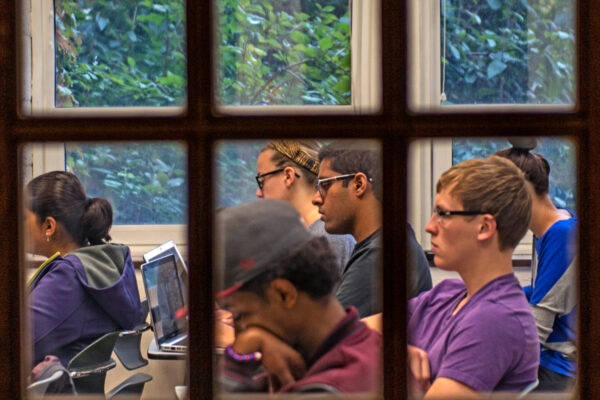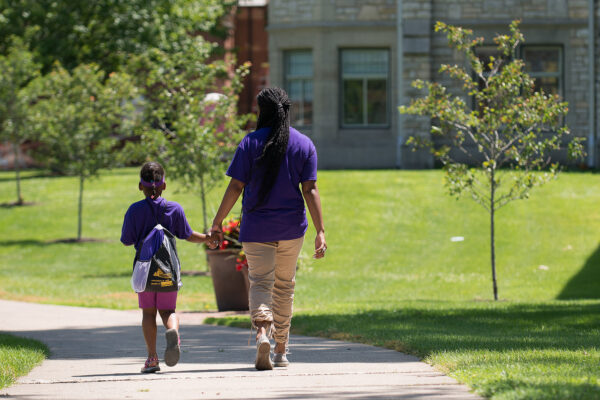How Can Institutions Best Support Their Online Learners?
Title: Supporting Online Learners: Insights from SUNY’s Campus Coaching Programs
Authors: Marjorie Dorimé-Williams, Jálynn Castleman, Parker Cellura, Rebekah O’Donoghue, and Makoto Toyoda
Source: MDRC
The structure and delivery of online programs can have significant impacts on a student’s ability to succeed. After examining success coaching practices at three State University of New York institutions, the authors of new analysis from MDRC offer several policy recommendations to support online learners.
Within each university, there were a variety of approaches to providing help for online students. Analyzing and comparing the programs indicated there are three primary types of support for online learners: coaching communication strategies and technology applications, student engagement, and academic outcomes.
Some of the most effective practices in each category are:
Coaching Strategies
Personalized support from coaches is one of the most effective ways to help students. By minimizing the coach-to-student ratio, institutions can ensure coaches have a manageable workload, enabling them to cater their coaching to fit individual students’ needs.
Tracking student data can help coaches identify needs and tailor support. Performance and outcome metrics, such as grades, course attendance, and credit accumulation, can be used to identify struggling students and guide intervention strategies. Additionally, learning management systems that track student engagement can facilitate personalized communication to fit students’ needs and preferences.
Opportunities for professional development help coaches provide the best support for their students. Institutions should continually provide training opportunities to help inform online pedagogy.
Student Engagement
Centralizing support services improves student access and awareness.A unified, easily accessible platform can ensure that students know about and use available resources.
Building community is especially important—and especially challenging—for asynchronous learners. Faculty can foster connections through synchronous or asynchronous study groups and should be mindful of online students’ varied schedules.
Responsive, innovative communication helps keep students engaged. Timely feedback and meeting students where they are—through tools and communication styles they prefer—can promote sustained engagement.
Academic Outcomes
Faculty need targeted training to effectively adapt courses for online delivery. Professional development can help instructors redesign courses for virtual environments and maintain instructional quality.
Quality standards for course design can improve consistency and effectiveness. Standardized templates and interaction guidelines help ensure that all online courses meet a baseline of student support and instructional quality.
Coaches and faculty can collaborate to provide holistic academic support. Integration of coaching within academic programs strengthens both in- and out-of-classroom support, creating a more cohesive experience for online students.
With an increasing proportion of students participating in online courses, building capacity to support online learners promotes success for all students, especially those who are entirely online. Institutions committed to improving their online programs can dedicate resources to developing and evaluating courses and support systems.
To read the full report, click here.
—Erica Swirsky
If you have any questions or comments about this blog post, please contact us.

